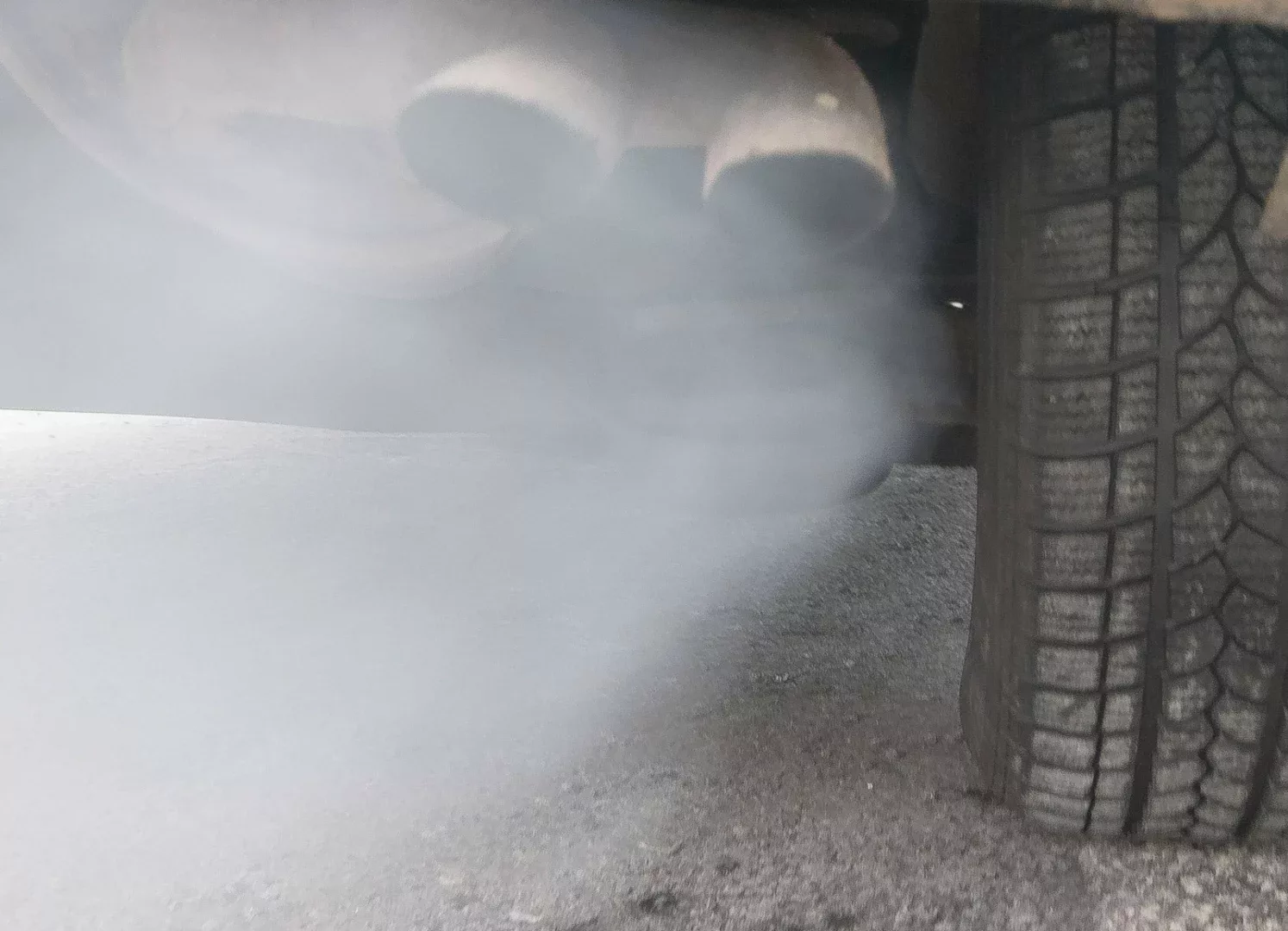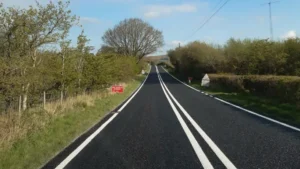A variety of clean-tech solutions such as electric vehicles and renewable transportation fuels must be deployed to speed up transport decarbonisation globally, experts from the transport sector have said.
A roundtable discussion, which took place on Transport Day at COP28 in the REA’s Renewable Energy Action Pavilion, saw the experts discuss how to deploy each technology to decarbonise different parts of the transport sector, comparing their different niche to the supply chain and promoting sufficient, long-lasting impact.
The panellists shared different examples of international best practice which can be used to help the whole world decarbonise their road transport as quickly as possible.
RECHARGE UK – the EV trade body run by the REA (The Association for Renewable Energy & Clean Technology) – were joined at COP28 by Toddington Harper, CEO of GRIDSERVE, Daizong Liu the East Asia Director for the Institute for Transportation and Development Policy, Dr Yaroslav Melekh from University College London (UCL) and Sophia Haywood – Head of Advocacy at Dimeta to discuss how to accelerate road decarbonisation globally using examples of best practice in the UK and China.
Matthew Adams, Transport Policy Manager for RECHARGE UK chaired the session in the REA’s Renewable Energy Action Pavilion in the blue zone at COP 28.
The panel explored themes around overcoming barriers to deployment, Government intervention, battery swapping, developing the whole value chain and advice to countries further behind on their decarbonisation journeys.
Matthew Adams, Transport Policy Manager for REA and RECHARGE UK, said: ‘’RECHARGE UK’s panel discussion demonstrates not only the whole systems approach we take to all our work but also that we want to ensure that we bring the rest of the world with us, so we can decarbonise transport as quickly as possible. I was privileged to hear such valuable insight from industry leaders which has given us a lot to think about in terms of the whole value chain and how we can bring best practice in the UK to a wider audience to ensure that our mission at the REA to recharge or refuel all road vehicles with renewable energy and fuels can be achieved globally.’’
Dr Yaroslav Melekh, University College London, added: ‘’Reaching zero emissions in the passenger transport sector is complex and can’t be achieved only by imposing more and higher duty fuels and increasing emission standards. Such measures are rather optimising the system by reducing but not eliminating emissions. To achieve transformational change, a broader policy package is required, including zero-emission vehicles (ZEVs) mandates, bans on sales of ICE vehicles, and sales subsidies for ZEVs, which all together helped to significantly bring the costs down, especially with exponential growth in lithium-ion battery manufacturing. The Economics of Energy Innovation and System Transition (EEIST) research demonstrates that the lifetime cost of ownership of ZEVs has already reached those of ICEs in Europe and China, and soon the same is likely to be for U.S. This, in turn, can activate the so-called ‘positive’ tipping points, whereby consumers prefer buying ZEVs, and the role of support policies is diminishing with increased ZEV fleet.’’
Panel debate
Toddington Harper kicked off proceedings talking about how we have now reached a tipping point when it comes to grid connections for chargepoints, reflecting the fact we have got to this point is a positive, but none the less is causing GRIDSERVE to come up with innovative solutions to overcome connection barriers.
Sophia Haywood, Head of Advocacy & Communications at Dimeta, reflected that there needs to be a mix of technologies, including renewable & recycled carbon fuels such as DME, for decarbonising hard-to-abate sectors. She highlighted that sustainable biofuels are already contributing towards global emissions reduction targets, and there is significant investment cross-sector to scale the production capacity further, complementing electrification.
Dimeta is establishing renewable & recycled carbon DME production plants across the UK, Europe and the United States. The first commercial plant in the UK through subsidiary Circular Fuels Ltd. will be producing over 50,000 tonnes of DME from non-recyclable waste – the equivalent of 25% of LPG domestic heating in the UK.
In addition to benefits for the transport sector, this will also be important for older, rural homes and off-grid businesses or industries for whom the electrification could be cost- prohibitive or not feasible, as DME can be blended with LPG to help decarbonise it or used on its own as a 100% solution with a DME boiler.
Turning to China, Daizong Liu and Dr Yarolsav Melekh talked about how important strong Government intervention is to accelerate the pace of road decarbonisation. Both reflected on China’s ZEV mandate which has helped achieve impressive current EV sales figures of 30% of new car sales this year, estimated to be 40% next year. It was suggested that subsidies can also play an important role for countries where the cost of an EV is far greater than the current vehicle of choice. At the same time, it’s important to deploy charging infrastructure, that successfully facilitated EV sales in China, Norway and the Netherlands, and the role of government in this process is instrumental through regulations and support schemes. For example, in Brazil who rely heavily on biofuel vehicles whose cost of ownership is heavily reduced by favourable Government tax policies, strong subsidies would be needed to address up front and running costs of EVs.
The UAE are currently examining proposals to open up the reselling of electricity to the private sector to encourage greater chargepoint deployment.
During this part of the session, panellists also reflected on the role of battery as a service or battery rental, with batteries making up roughly half the cost of an EV, battery rental is seeing popularity in China already. Later on, battery swapping for HGVs was also discussed as a potential solution to reduce charging times and therefore time lost to the company using them, suggesting batteries could then be charged at depot at the end of a shift.
Turning to HGVs Toddington Harper told the panel about GRIDSERVE’s £63 million ZERFD project and how he thought that electrification of HGVs will be the most economically sensible solution going forward for most fleets. Sophia Haywood pointed out that biofuels have an important role to play in decarbonising the HGV and non-mobile road machinery fleet, with 29 million vehicles worldwide using auto gas, which could instead use a blend of Dimeta to significantly lower their emissions without replacing their vehicles.
The panellists then agreed that regardless of the technology solution any country will need to bring the whole value chain with them, and any Government serious about decarbonising their transport system needs to incentivise the whole value chain, whether that is giga factories, the grid, battery recycling plants, transport and storage networks or production facilities.
(Picture – Yay Images)
























